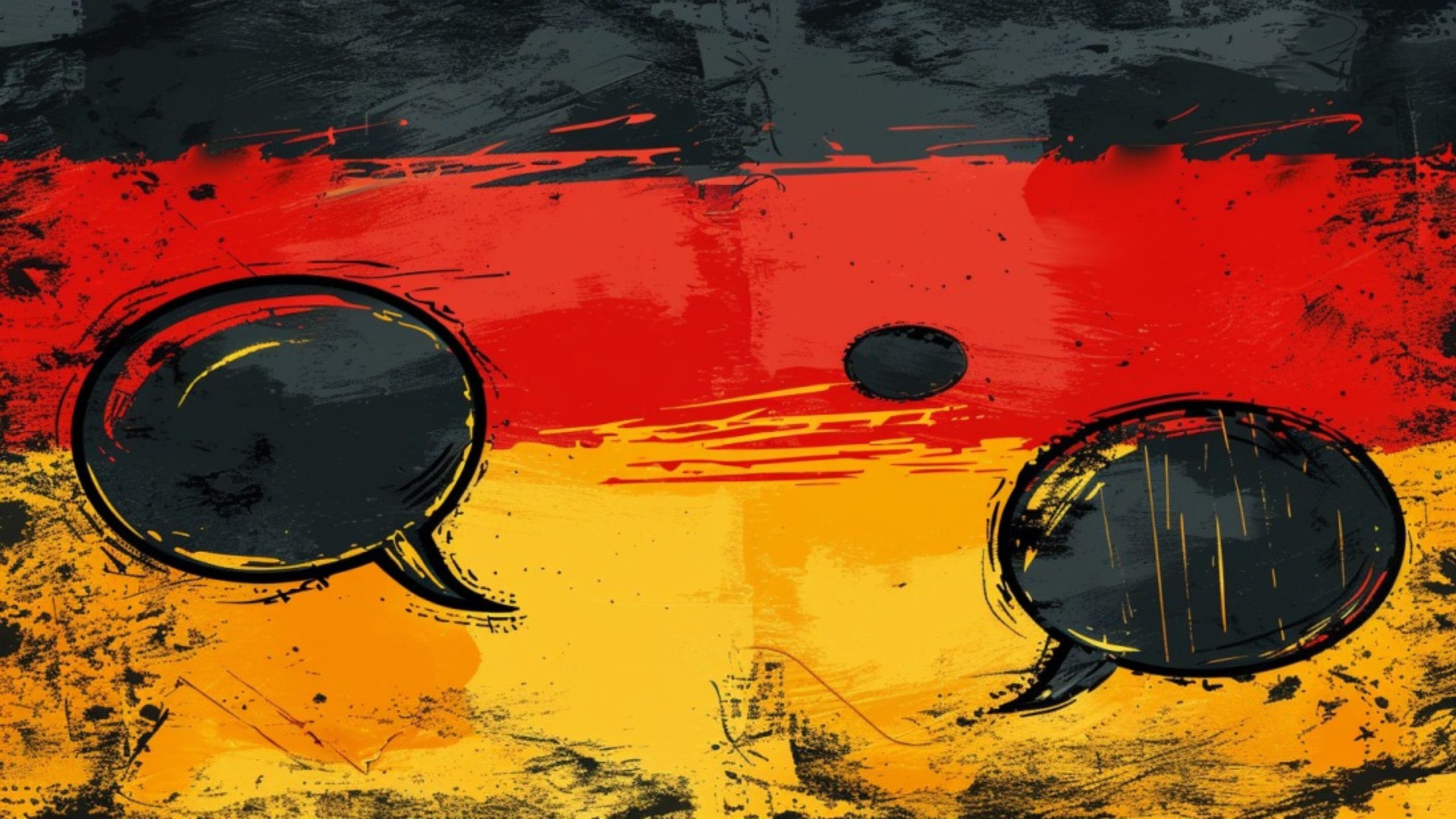Several German parties now have a deal to set up the government – but some things barely ever change: one of them being the continued drive toward implementing, and finding ways to justify censorship.
The art of doublespeak appears to be strong here, as the new German ruling coalition’s agreement features a section called, “strengthening media diversity — safeguarding freedom of opinion.”
But the noble wording aside, it doesn’t take much closer inspection to get to the “dealing with misinformation” part of the document that, in its actual essence, fully contradicts the stated goal.
These last years have provided ample proof – not least in Germany – of how that declared intention serves as a smokescreen for achieving the exact opposite. A frontal attack on freedom of opinion, in fact.
The coalition may be new, but the supposed major threat from misinformation, and never really been proven, but regularly repeated warnings of the threat of “targeted influence” have been heard many times before from various countries/governments. And in Germany, it is getting regurgitated for the umpteenth time.
“Targeted influence on elections and by now commonplace disinformation and fake news are serious threats to our democracy, its institutions, and social cohesion,” reads this part of the coalition contract.
We obtained a copy of the contract for you here.
Things take a turn for the sinister when this is followed by the statement that, “the deliberate (i.e., if those in power deem it to be) dissemination of false factual claims is not covered by freedom of expression.”
Despite the efforts of authoritarian-leaning authorities in different countries, still hiding behind the shield of democracy, the jig has been up for a while now. And yet, they continue pushing the front of “proper democracy.”
In this case – it’s to try to persuade the public that an “independent” entity would be making decisions about what’s true and what’s false.
And it would be independent – pretty much because the German government says so.
“The media supervisory authority, which is independent of the state, must be able to take action against the manipulation of information, hate-mongering, and agitation while safeguarding freedom of expression – on the basis of clear legal requirements,” reads this portion of the coalition deal.
Formally independent of the state authority may be – but as the past years of censorship collusion(s) between state and third party actors around the world have shown, “independent” by no means equals unbiased, impartial, or even trustworthy.
However, the “independent” label is still a positive spin. If established, and if such an incoming German “Ministry of Truth” believes that it is efficiently hidden behind that facade – it would kick into action to “ensure that online platforms fulfill their obligations with regard to transparency and cooperation with the supervisory authority.”













